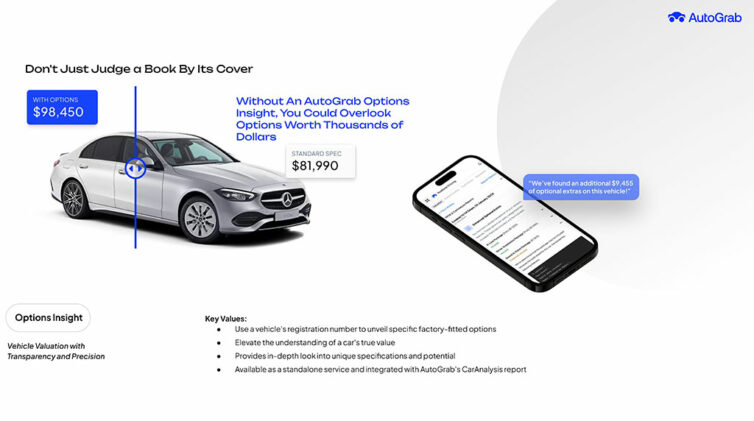ENERGY Minister Chris Bowen, who has come under immense political pressure in recent weeks over the speed required by the industry to meet the standards and their likely effect on SUV and Ute prices, has announced a number of concessions just prior to the legislation for the NVES going on to the floor of the parliament.
In the event, the Albanese government has made a few adjustments to the New Vehicle Efficiency Standard (NVES) following a frantic few weeks of lobbying by a wide variety of industry sectors although it has thrown in a sweetener for the motor retail industry in the form of a $60 million handout for the installation of chargers in dealerships.
The government said in a statement that, to help accelerate the transition to electric vehicles, that it will provide $60 million to boost EV charging at Australian dealerships. The money will be drawn from the Driving the Nation fund.
Another significant modification includes the inclusion of some off-road wagons like the Toyota LandCruiser and Nissan Patrol into the same category as utes and pick-ups. This means that they have a much higher threshold of CO2 output and the change will make it easier (albeit still very difficult) for these wagons to meet the standard required.
The previous designation included these as passenger cars.
The statement said that the government was:
“Recategorising a limited number of 4WDs from passenger cars to light commercial vehicles.
“This acknowledges that some off-road wagons use similar ladder-frame chassis, and need comparable towing capacity above 3 tonnes, to dual cab utes. This includes models such as the Toyota Landcruiser and Nissan Patrol;
“Smoothing the emissions trajectory for light commercial vehicles. This reflects adjustments announced by the US EPA to its vehicle Standard and smooths the transition for utes, vans and 4x4s;
“Adjusting the weight-based relative emissions limits (known as the break point), recognising that heavier vehicles emit more;
“Staging implementation to enable preparation and testing of essential data reporting capabilities. To ensure we get the implementation right in partnership with industry, the scheme will commence on 1 January 2025 but manufacturers will not begin earning credits or penalties until 1 July 2025.
The Australian Automotive Dealer Association said that while it acknowledges the progress, it remains conscious of the challenges facing its members.
AADA CEO James Voortman said: “This is not the Vehicle Emissions Standard the industry has asked for, but we recognise that the government has listened to industry and made significant changes to its original policy and is seeking to strike a balance between the needs of competing interests.”
“We welcome the revision of the LCV headline targets, the recategorisation of body on frame SUVs into the LCV category, and the commitment to provide $60 million to boost EV charging at Australian dealerships.
“We are now committed to working with the Government on a range of key issues affecting dealers including:
- Ensuring that the compliance for this policy is at the point of sale, not the point of importation
- Implementing meaningful automotive franchising reform; and
- Addressing the enormous investment task facing Dealers in this transition.”
“These are critically important issues for automotive retailers and if left unaddressed, the NVES could have dire consequences for dealers.
“We welcome the Government’s commitment to work with us on these matters,” Mr Voortman said.
“Make no mistake, this is a major regulatory intervention into the automotive industry and while we understand and accept the Government’s objectives, we would also urge them to work with industry to identify any unintended consequences arising from this policy,” he said.
“As this policy is implemented over the next five years, we will need the Government to keep an open mind on these standards and to constantly review developments within the market and make sensible changes if required,” he said.
“The first review will commence in 2026 and this will be an opportunity to assess the first two years of the NVES, but also determine whether the settings are appropriate for the incredibly challenging outer years of the policy”.
“This is a contentious issue in our industry and there is a great deal of anxiety among dealers.
“We urge the Government to consider the needs of these businesses which employ more than 60,000 people, invest in cities and towns across the nation and which provide so much support and sponsorship to their communities,” Mr Voortman said.
The government statement read in part:
“Australian motorists will soon be able to choose from a wider range of more efficient, modern vehicles, and be able to save at the bowser.
“Legislation for the Albanese Government’s New Vehicle Efficiency Standard being introduced tomorrow will be good for the hip pocket and good for the environment.
“This will reduce emissions from new passenger vehicles by more than 60 per cent by 2030, and roughly halve the emissions of new light commercial vehicles over the same period. And Australians will save money at the bowser because they can buy cars that use less fuel.
“The New Vehicle Efficiency Standard targets for passenger vehicles catch up to comparable economies by the end of the decade.
“Along with Russia, Australia has for too long been one of the only advanced economies in the world without a Standard, and, as a result Australian families are spending more on fuel than they need to be.
“The Albanese Government has closely consulted with a broad range of stakeholders over the past year and engaged with the more than 9,000 submissions made throughout the latest consultation period.
“The Standard will give car makers an incentive to send us their most efficient vehicles, while ensuring Australians have access to the range of vehicles they need for work and leisure.
“This constructive collaboration is delivering what’s right for Australia, by making improvements to the consultation option to deliver more choice of cheaper-to-run cars for motorists, while ensuring a sustainable and effective Standard.
“This is the right package of measures for Australia. It will transform Australia’s vehicle fleet to save families money, people will still be able to buy the vehicles they know and love while getting access to the safest, most modern, efficient cars.”















 Read More: Related articles
Read More: Related articles

